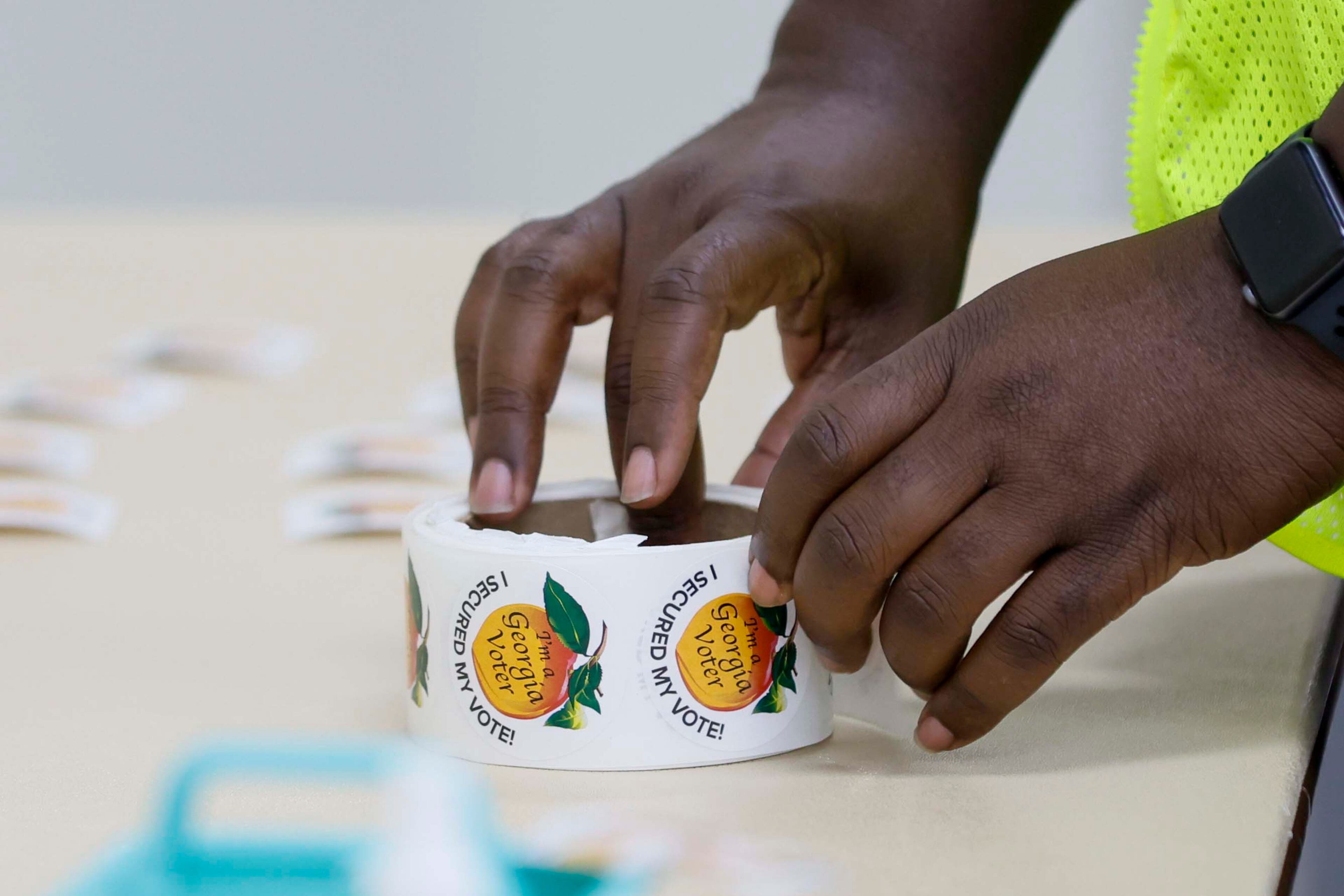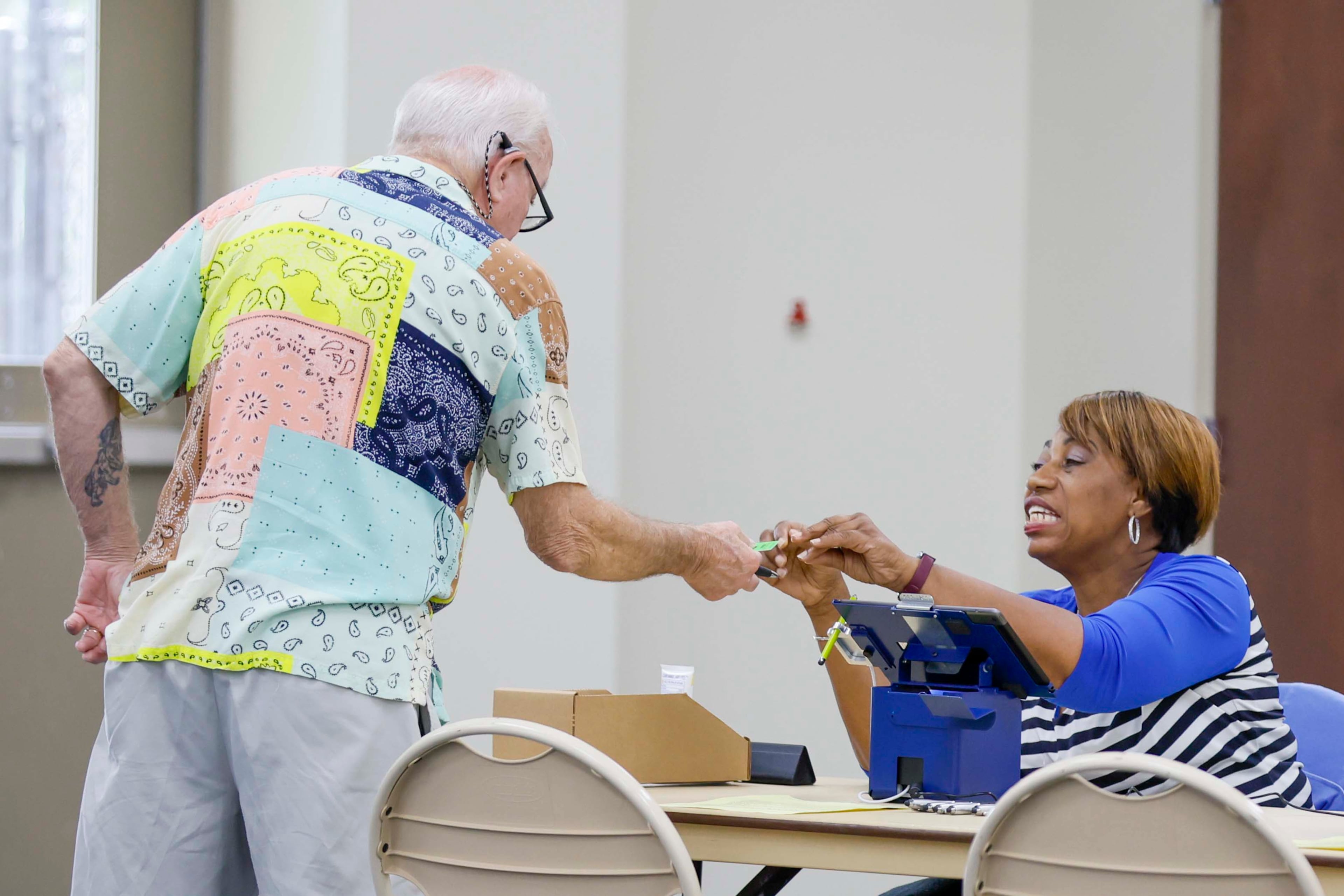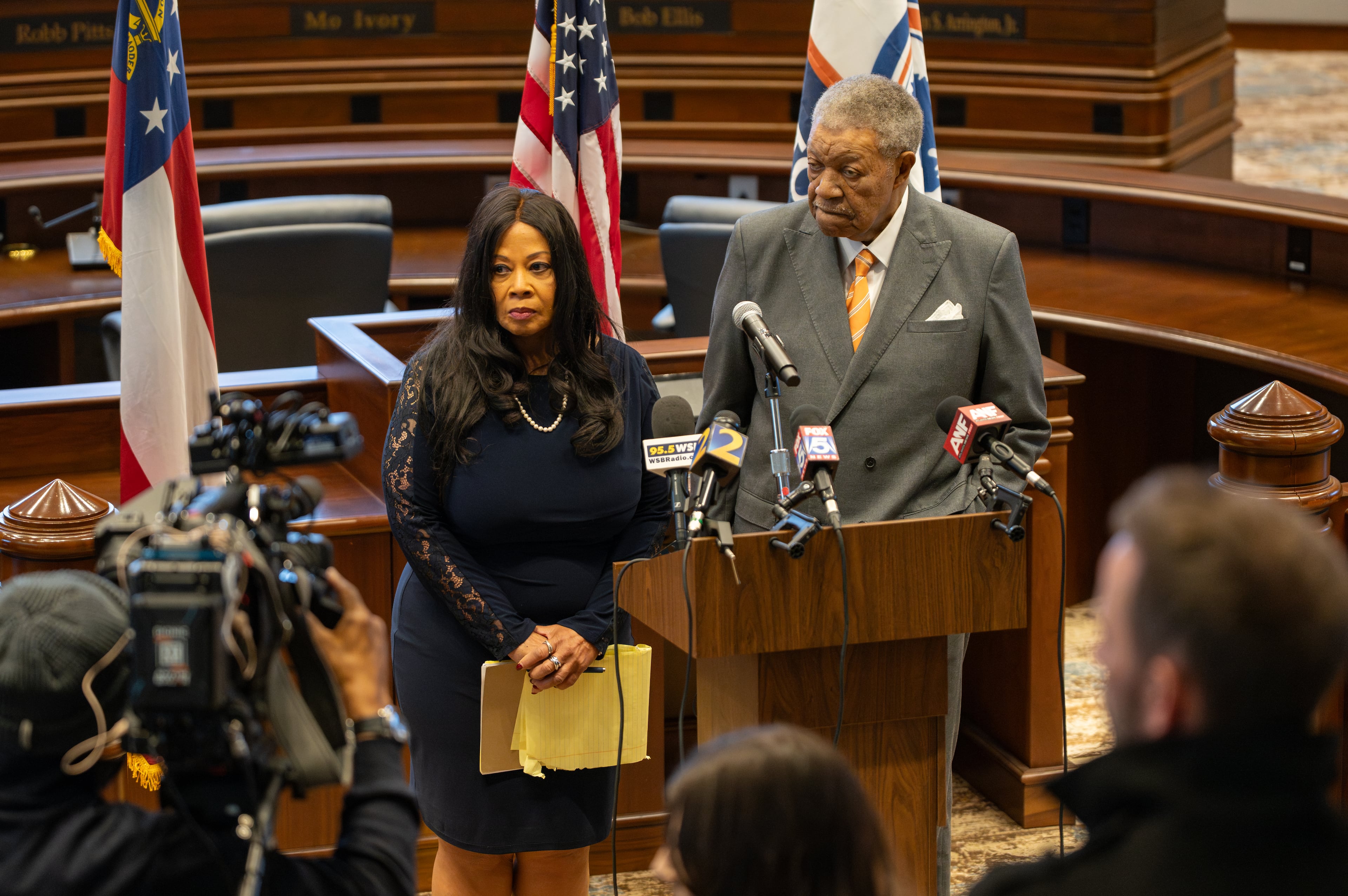Federal overreach undermines Constitution and Georgia state-run elections

In recent weeks, the U.S. Department of Justice has quietly launched a sweeping campaign to obtain election and voter data from states across the country, including Georgia.
These outreach efforts have included requests for personal information on all Georgia voters, including driver’s license numbers, Social Security numbers, full dates of birth and which party primary you previously voted in. DOJ says it needs this personal identifying information on all Georgia voters to ensure election integrity, but as we say in Georgia, that dog don’t hunt.
As the Georgia state chair of RightCount, a national organization working to protect voter confidence while safeguarding the constitutional role of states in administering elections, former president pro tem of the Georgia state Senate and a lifelong conservative Republican, I want to be clear: This is not oversight.
It’s overreach. And it should concern every conservative — every American — who values civil liberties, federalism, the rule of law and local control.
Georgia has some of the best election laws in the country
Let’s start with the basics. The U.S. Constitution gives states, not Washington, D.C., the authority to conduct and manage elections. America’s founders designed it that way on purpose, believing that decentralization protects against both fraud and tyranny. For centuries, that model has worked well. And here in Georgia, we have nothing to hide.

In fact, Georgia has some of the best election systems in the country. Georgia verifies citizenship when people register to vote; we require photo ID to vote in person or by absentee ballot; and mandatory audits have confirmed that Georgia’s voting machines tabulate votes with near perfect accuracy.
That’s not a partisan claim; it’s a demonstrable fact backed by data.
In Georgia, we have some of the best election laws in the country, and we already have secure elections. We don’t need to send all of our private information to bureaucrats in Washington to tell us something we already know.
Which brings us to today. State officials across the country are facing a barrage of new requests from the federal government. What does DOJ plan to do with this data?
How will they protect voter privacy? What gives them the right to demand it in the first place? The answer appears to be political. This is not about securing elections. It’s about consolidating power under the guise of accountability.

Republicans opposed attempts to nationalize elections before
One of the first things Nancy Pelosi did when she became speaker of the House for the final time following the 2020 election is introduce H.R. 1, which was a blatant attempt to federalize elections.
Conservatives uniformly and rightfully opposed this attempt to take over a power the U.S. Constitution reserves to the states. Arming the federal government with a national database of voter information, complete with private information and voter history, is the first step to federalizing elections, and conservatives should oppose it now just as we did when Nancy Pelosi tried it.
Let’s be honest, if this were Barack Obama’s or Joe Biden’s administration asking Republican-led states for detailed, sensitive voter data, conservatives would rightly call it out as a misuse of federal power.
The federal government has no right to pry into the lawful actions of state election officials with no clear legal basis, no transparency and no constitutional authority. And they certainly don’t have the right to obtain private information on every Georgian with no basis.
There is a role for the federal government in securing our elections, but it certainly does not require every state’s voter list with voters’ private information. Instead, the federal government should focus on protecting our borders and our cyber networks from foreign actors who wish us harm. They certainly do not need my private information to do that.

Respect the role of local, state and federal governments
We have worked in Georgia, through our state Legislature and duly elected representatives, to improve election transparency and voter confidence. We’ve modernized our voting systems, passed laws to ensure clean voter rolls, and invested in security audits and postelection reviews.
As a conservative, I can tell you this kind of progress doesn’t require top-down directives from shadowy special interests or bureaucrats in Washington; it requires local accountability, leadership and community trust.
RightCount believes collaboration between state and federal entities on matters of election integrity should be voluntary, transparent and grounded in the Constitution. That’s the conservative model. We can work with the Department of Homeland Security or DOJ when appropriate, but only when state sovereignty and the rule of law is respected and voter privacy is protected.
Eric Johnson is chair of RightCount Georgia. He previously served as president pro tempore of the Georgia Senate (2003-2010).


